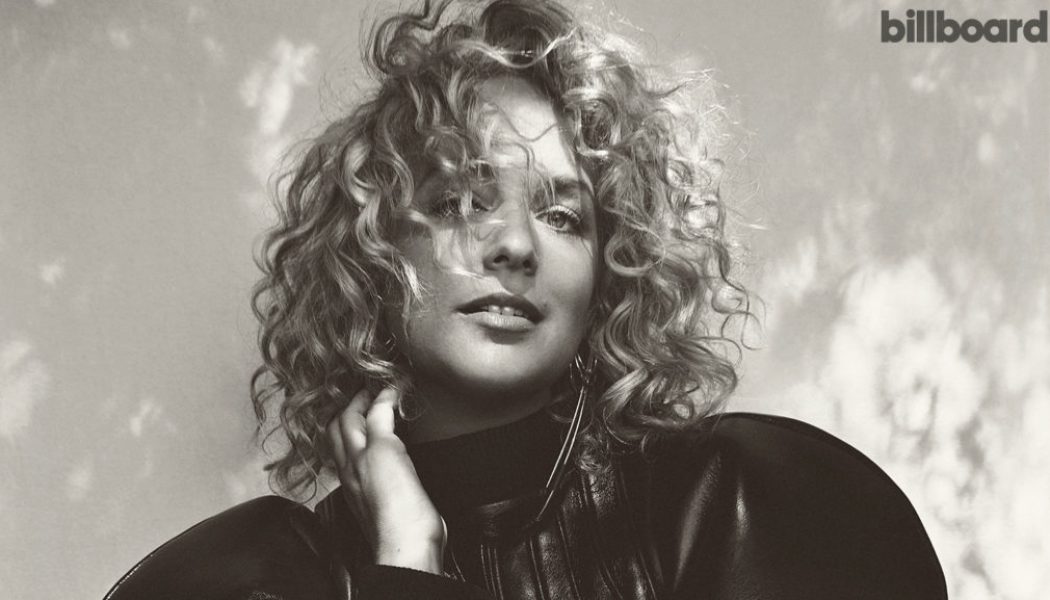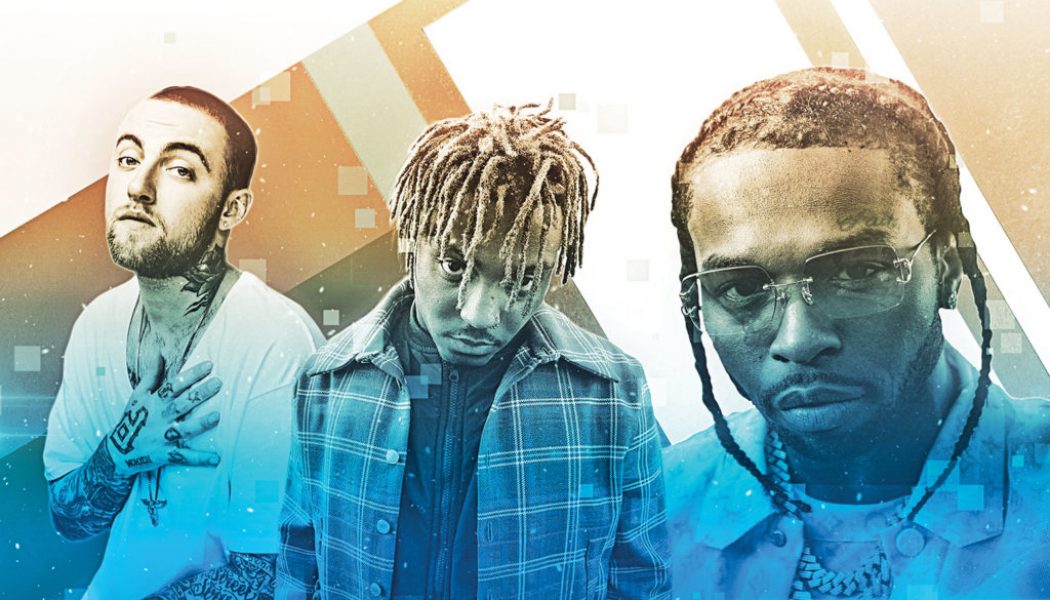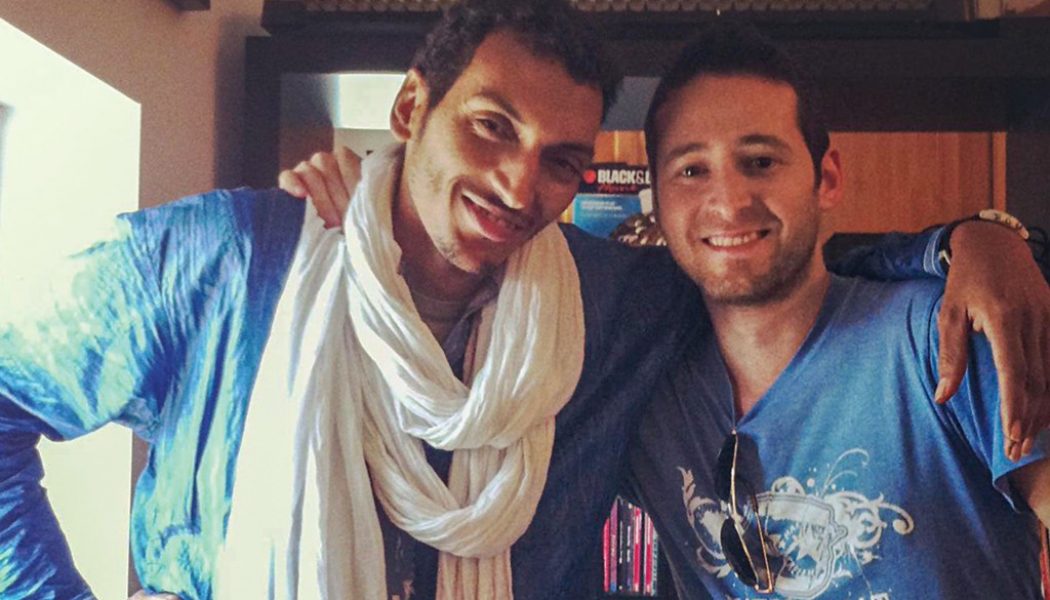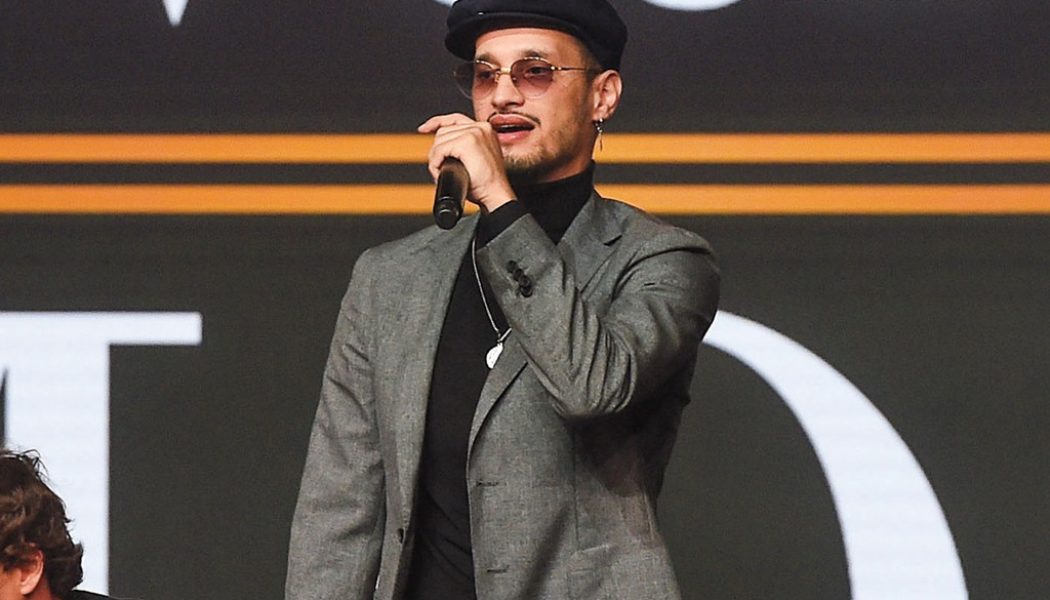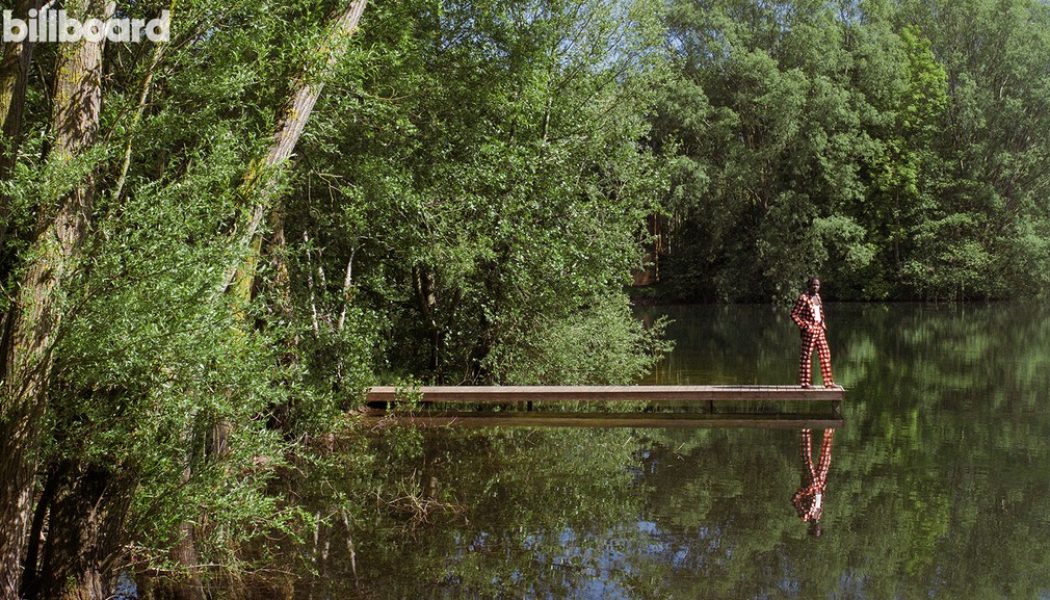bbprint
The Long-Awaited Return of Cam — And Why She Took Her Time
Country singer Cam’s boundary-pushing new album will finally arrive this fall — and on a new label. Two years ago, Cam was at a crossroads in her career. In the spring of 2018, she embarked on the Listening Room Tour, a series of intimate club dates that featured stripped-down arrangements and the kind of real talk that goes down between friends over a bottle of wine. But at the same time, the relationship with her Nashville label was strained, and close to ending. Instead of letting that cast a shadow over her performances, it sparked something inside of her — and having a direct line to her audience was added fuel. “I remember being so fucking spicy,” she says now. “I was like, ‘Fuck it!’ I laughed so hard, and people had such a good time. I was like, ‘This is why I’m here, not the other...
How Maria Schneider Is Using Her Jazz Orchestra to Take On Big Tech
The composer and bandleader — a Grammy favorite and a fierce advocate for artists’ rights — takes on the ‘Data Lords’ with her newest album. When Maria Schneider sits down to write music, it is seldom with a specific idea in her head. Lately, though, the celebrated orchestral jazz composer and bandleader — a five-time Grammy winner and a National Endowment for the Arts Jazz Master — has had a lot on her mind. “Early on, I became very aware that big data companies were using musicians as carrots so that they could gather data from users,” says Schneider, 59. “And this has been a huge frustration for me. It has really destroyed the music industry for those that make the music, and now I feel that for our society at large it’s a catastrophic loss.” That frustration fueled the idea...
Life After Death: What Are the Posthumous Grammy Odds For Rap’s Lost Stars?
Hip-hop lost three of its brightest voices in the past year — but thanks to recent posthumous albums, their presence could still be felt on Grammy night. One of the most moving moments of February’s Grammy ceremony came during the pretelecast, when best rap performance was awarded to “Racks in the Middle,” led by the late Nipsey Hussle, who had been killed in a March 2019 shooting. The award was accepted by his family, including his grandmother Margaret Boutte. Wearing sunglasses, she thanked those in attendance for “showing all the love that I have felt for [Nipsey] all of his life.” Powerful moments like that could well take center stage on the main telecast at the next ceremony. Over the past few years, a number of hip-hop’s leading artists have died — many of whom still had recorded mu...
What the 2021 Grammys Could Look Like
With a confirmed date for the 2021 ceremony, the Recording Academy is now focused on pandemic-proofing the show. The show will go on. That’s the word from Recording Academy chair and interim president/CEO Harvey Mason Jr. about the 63rd annual Grammy Awards, slated to take place Jan. 31, 2021. Less certain, in the age of the coronavirus, are all of the other particulars, including whether the ceremony will air live from Los Angeles’ Staples Center as planned. Mason says he is in “constant communication” with Los Angeles Mayor Eric Garcetti’s office, medical advisers, network partner CBS, the venue and executive producer Ben Winston regarding the latest updates that inform the reopening process. California is currently in stage two — and concert venues in the state do not reopen until ...
Inside Bombino’s Ambitious Plans For a Professional Studio In Niger
Nearly a decade ago, singer-songwriter-guitarist Bombino told his longtime manager, Eric Herman, that he wanted to open a recording studio in his home country of Niger. “It is materially a very poor country,” says Herman. “It’s rare to find studios that would be up to world-standard in Africa in general.” Plus, since Bombino — who champions his Tuareg identity and culture in his lyrics — usually spends eight months of the year touring, Herman felt “it needed some sort of outside push to get going.” That push came in 2019 when Welsh producer-engineer-musician David Wrench (who mixed Bombino’s 2016 album, Azel) approached the artist about working together again. Only this time, he wanted to produce Bombino’s next album — and he wanted to do it in Niger. “That reignited the spark,” says Herma...
One To Watch: How Soolking Kick-Started His Career On a Radio Show
Before finding his footing as Soolking, the artist born Abderraouf Derradji first worked as an acrobat, a dancer and even drummed in a rock band. Once he moved to Paris in his mid-20s, though, his career finally took off. Now, fresh off the release of his second album Vintage, the 30 year old is already getting to work on its follow-up. Born and raised in a northern suburb of Algeria’s capital, Derradji grew up in the middle of a civil war. He first worked as an acrobat and dancer, later discovering rappers like 2Pac, The Notorious B.I.G. and French rapper Booba. Before founding a rap group of his own, which had relative success in Algeria, he had drummed in a rock band. By 24, he moved to Paris, where he lived and worked illegally — sometimes in restaurants, or by selling cigare...
‘This Isn’t a Fad’: Three of Africa’s Biggest Stars on Making the Industry Come to Them
Tiwa Savage, Davido and Mr Eazi are opening doors (and labels’ checkbooks). Here’s what they’re up against. The next musical revolution is brewing in Africa. As the industry buzzes with — and profits from — new languages and sounds from all over, the prospects for artists across the continent have never been brighter or more numerous. There have, of course, always been African superstars — from Miriam Makeba to Hugh Masekela to Fela Kuti — as well as great respect for the continent’s music, thanks to projects like Paul Simon’s iconic 1986 album, Graceland, which famously put Ladysmith Black Mambazo and others on the international map. But despite major-label deals, chart successes and eye-popping sales figures, African artists have often been siloed from the popular music landscape, segreg...
- 1
- 2
